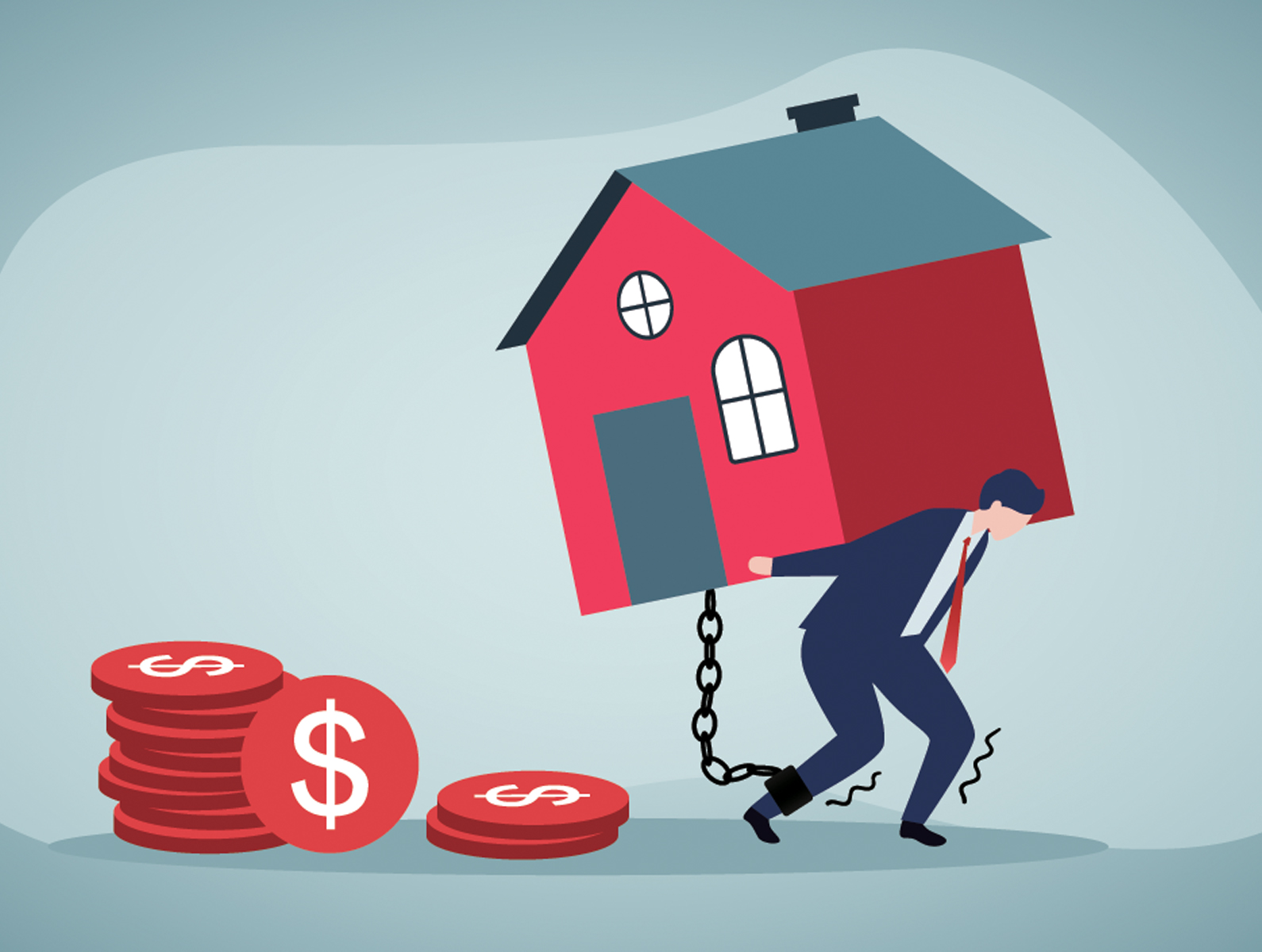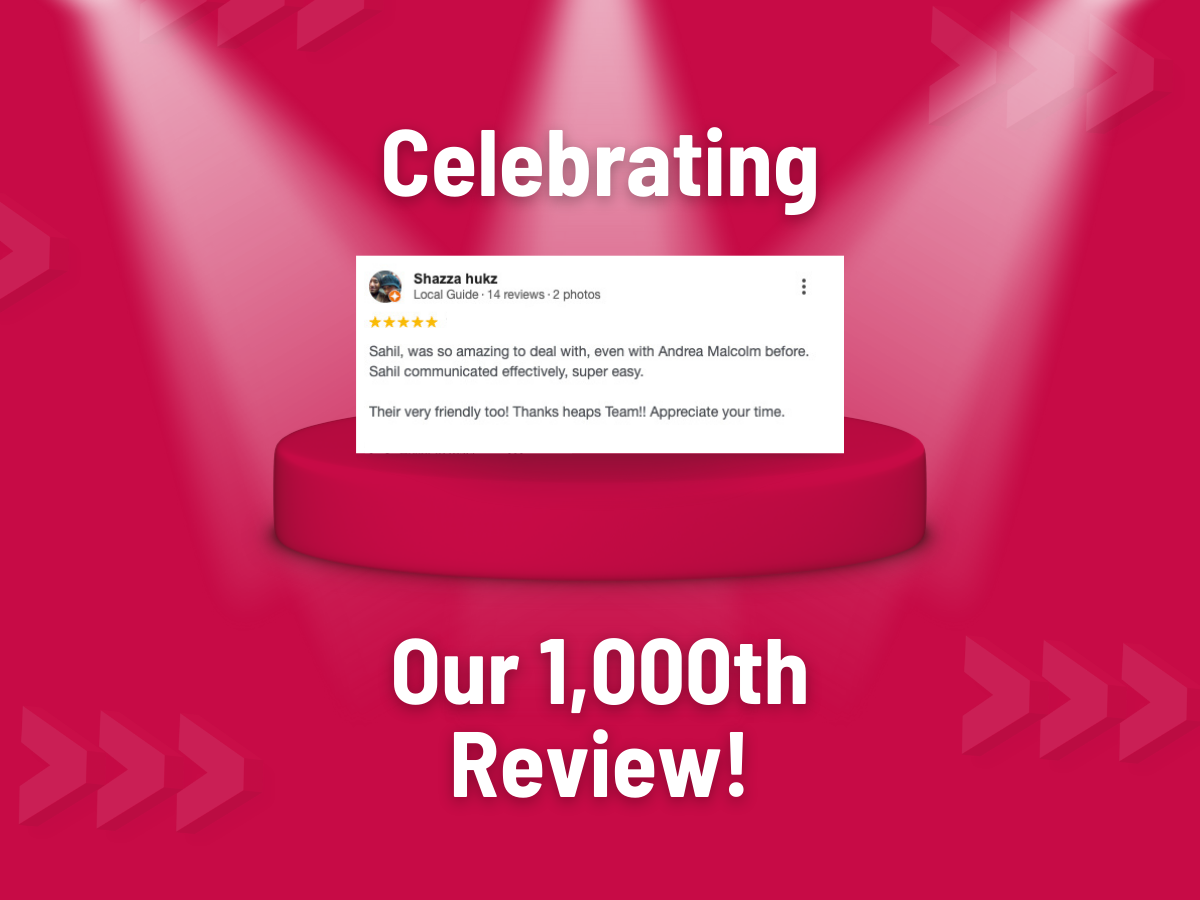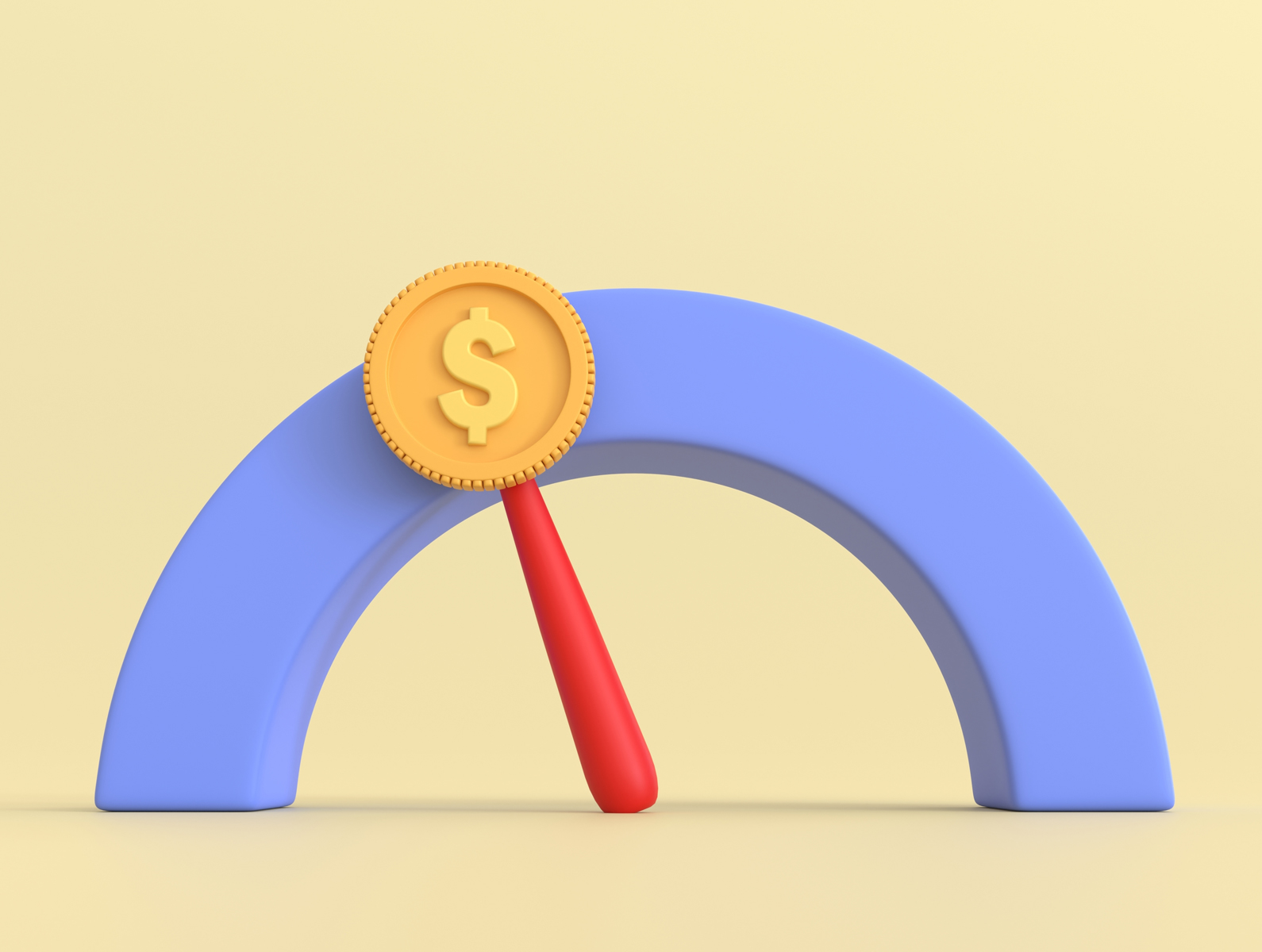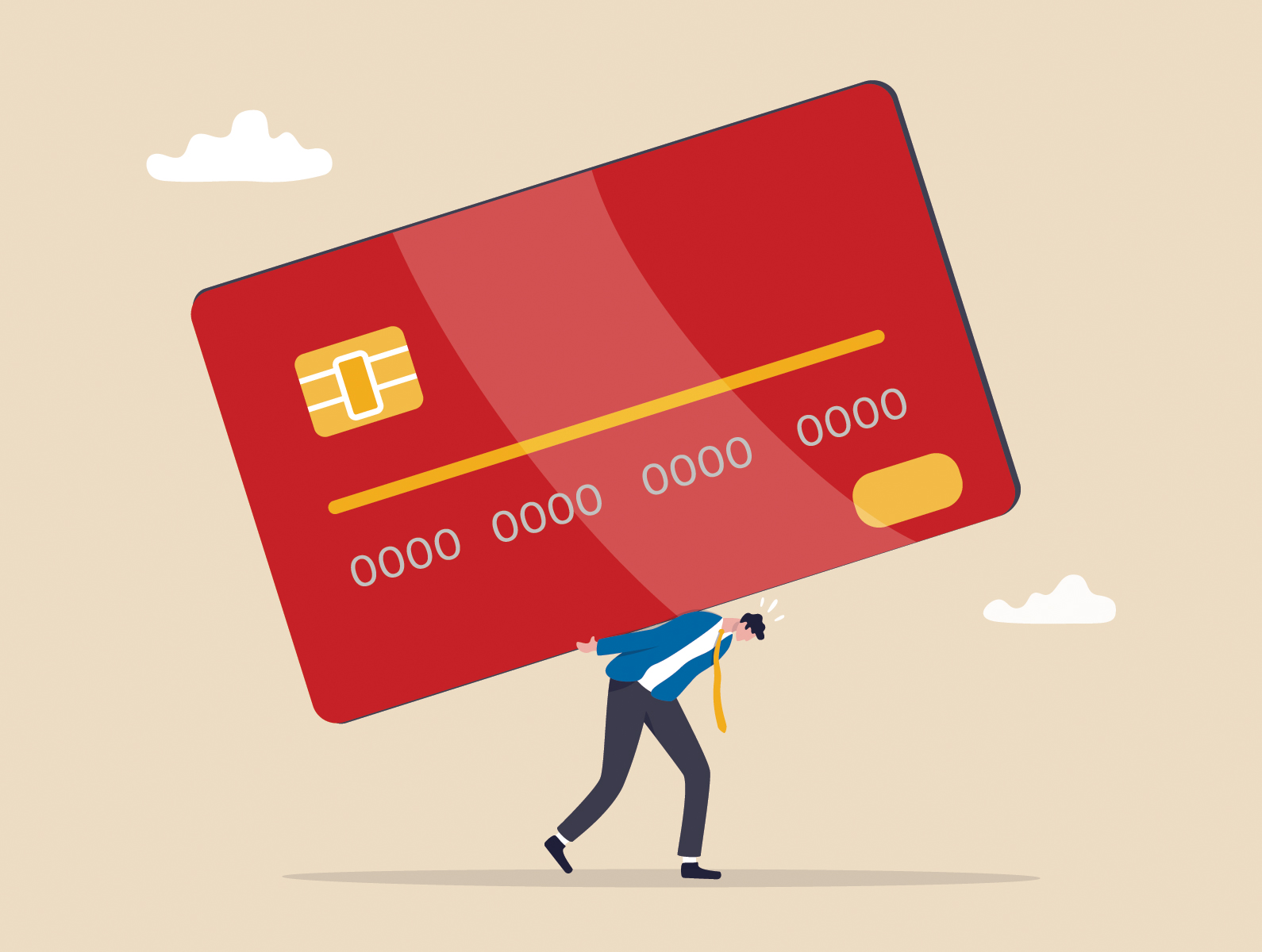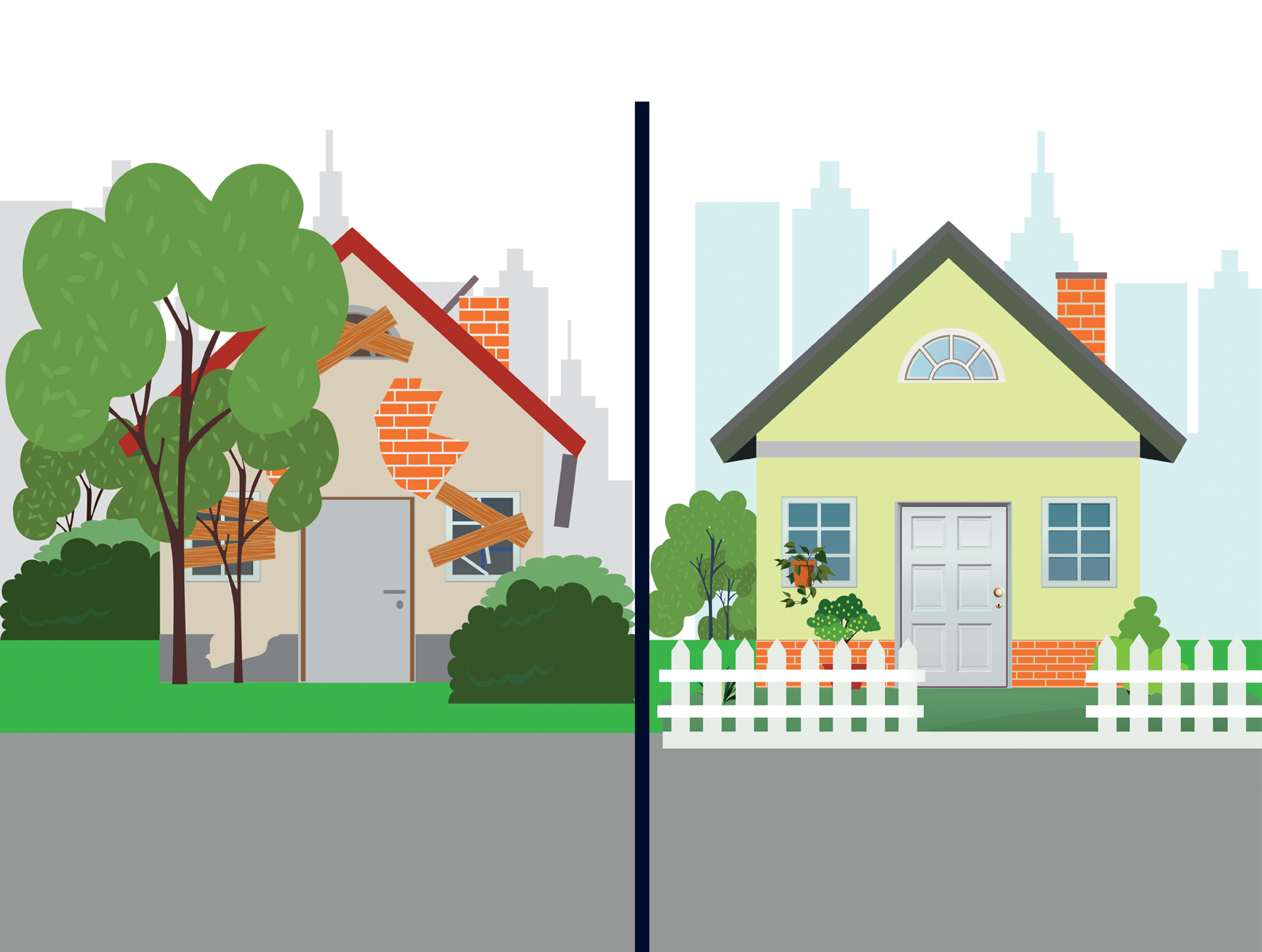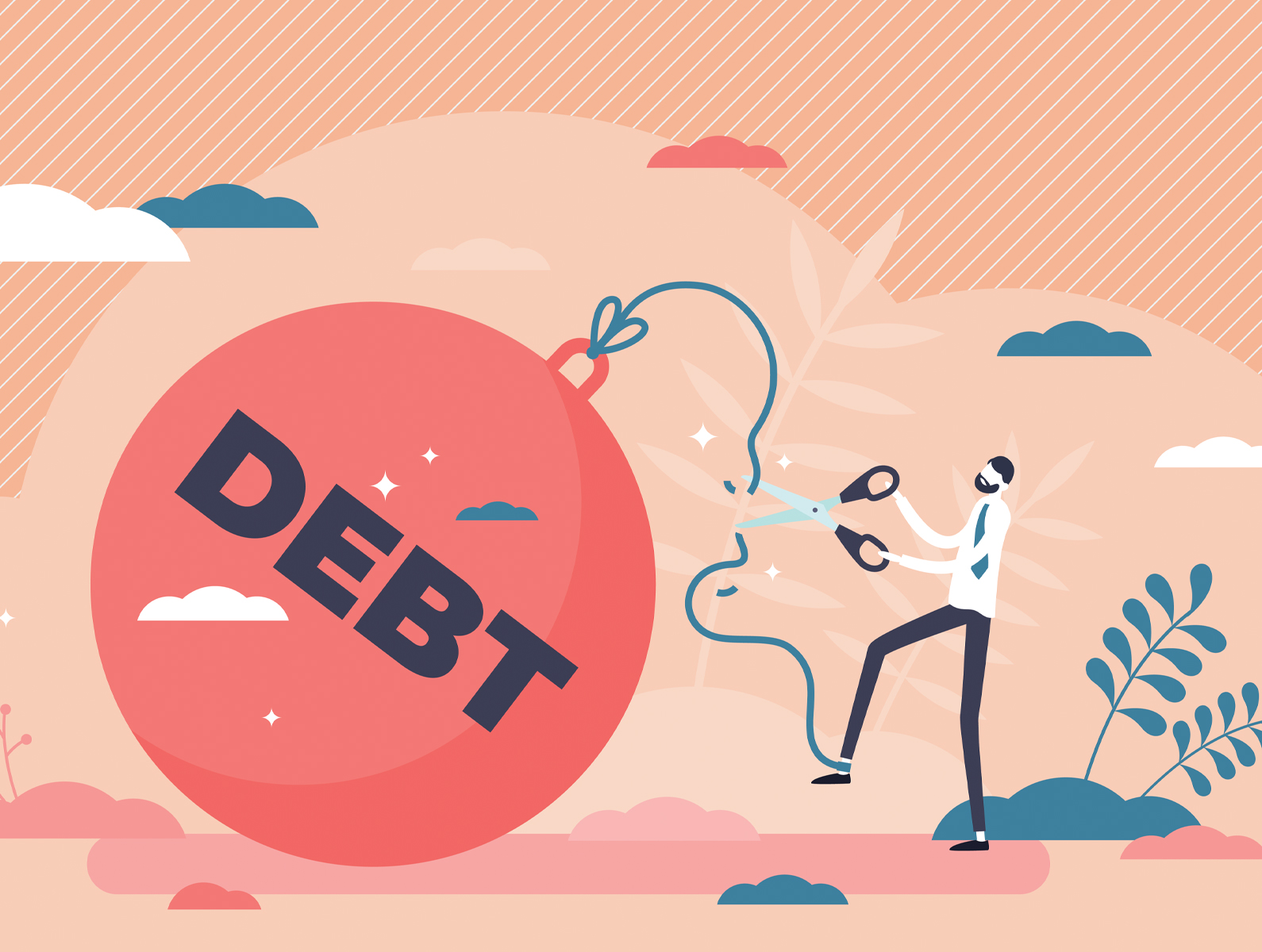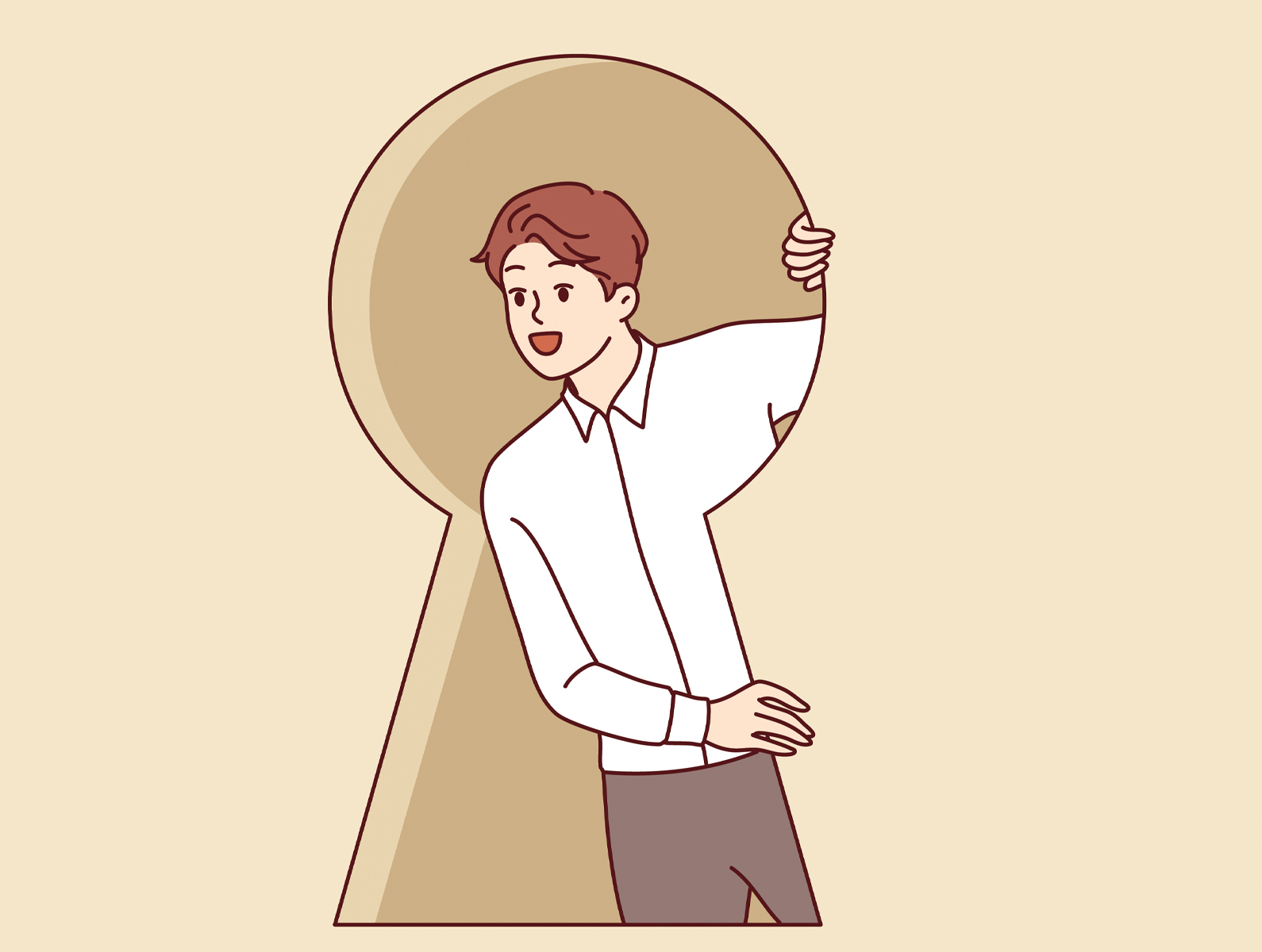- Are you currently paying off more than one loan?
- Are you struggling to meet your repayments?
- Are you overwhelmed by credit card debt?
- Are your lending costs increasing? Are you seeking solutions to reduce it?
- Do you find it hard to keep track of all your repayments?
- Would you like to pay off expensive debts more affordably?
If you answered yes to any of these questions, then you may want to consider a debt consolidation loan.
Consolidation loans simplify your finances and make debt repayment more affordable. Yet debt consolidation loan services alone cannot solve all your financial problems.
To improve your financial situation, in the long run, you may need to make some lifestyle changes.
Our goal in this guide is to show you how you can both 1. reduce your debt and 2. improve your finances over time. Our lending experts explain some simple tips that will help you improve your credit score and lending profile.
By following these tips, you can get a better loan interest rate in the future, increase your chances of getting a loan, and pay off your debt faster. Relax with your favourite drink and begin reading!
Will a debt consolidation loan help me?
The primary goal with debt consolidation is to make repayments easier, but the secondary goal – and this is what matters most – is to pay off the loan.
Paying off your loan may mean you need to make some lifestyle changes. Especially if you’ve had to top up your loans often, as this is a clear sign that you’re living beyond your means.
What’s your story?
It is important to understand your current situation and how you reached that point. Next, we can set up a plan to help you achieve your financial goals.
How Much Do You Owe?
Many people do not know the answer to this question off the top of their heads – but they should! The first thing you should do is review all your loans.
The more you have, the harder it is to keep track of them. Are you surprised when your card is declined at the checkout because you forgot your loan payment came out the night before?
If so, you’re clearly having trouble keeping track of your outgoings! With a debt consolidation loan you only have to remember one payment each month, and if you time it to when you get paid, you will know exactly how much you have left over for the rest of the month.
Will You Save Anything?
If you have a home loan, you may be able to bundle your loans with your mortgage, so that your interest rate is the same as that of your mortgage. In order to do this, you need sufficient equity, and if a new loan agreement is required, you may incur additional fees, including legal fees.
However, if your home loan is about to expire, then you should speak with your bank. Consolidating credit card, car, and personal loan debt with your mortgage will undoubtedly save you a lot of money.
The problem is that not everyone owns a home or has the space to add debt to it, so a debt consolidation loan from a low-cost lender is a great alternative. Use this calculator to list all your debts, how much you owe on each one and how much you pay each month. To be sure you don’t miss any, go back through the last month’s bank statements!
With a debt consolidation calculator, you can see at a glance what your loan repayments will be if you spread them out over 1 – 5 years.
On average, what’s the average amount saved on a debt consolidation loan?
An analysis of debt consolidation loans by New Zealand company Loansmart found the following:
- The average Debt Consolidation loan is $15,000, with the smallest being $2,000 and the largest being $100,000.
- Most people consolidate between 2 -5 loans, with the smallest being two and the largest being 12.
- The average amount saved on monthly repayments is around 40%
What Loan Term is Most Affordable for You?
Ensure you’re comfortable, but not too comfortable – the main goal is to pay off the loan faster.
Giving yourself enough wriggle room for savings (so that you won’t have to borrow any more money) while keeping your repayment amounts high enough to pay off your debt faster – that’s a perfect balance.
You can also use your savings to make additional repayments and pay your loan off even sooner! Debt consolidation loan calculators will give you an indication of what your repayments will be, but your actual repayments depend on your loan interest rate.
Your personalised interest rate is determined by your credit score, which brings me to my next point.
What’s Your Credit Score?
If you aren’t sure, you should find out! Obtain a copy to see what’s inside. Some clients are surprised to find negative information on their report that shouldn’t be there.
They are unaware of this until they apply for a loan and a lender tells them. Check your credit report before you apply for a debt consolidation loan. If you don’t correct inaccurate information on your credit report, you may be unfairly penalized!
Check out this article on why you should check your credit report. Along with knowing how to check it, you’ll also learn what to do if you find incorrect data.
Do Your Research Before Applying For A Debt Consolidation Loan
Be very careful about who you apply to.
Too many loan applications can negatively impact your credit score. You may be perceived as living beyond your means because of excessive loan applications. For this reason, you want to apply with a company that is fair, affordable, and highly regarded.
Additionally, it would be best if there was a good chance of them saying yes since a declined application will also affect your credit score! Look for social proof – what are other people saying about them? Independent third party websites like GMB are a great way to find out about a Loan Company.
Take time to read comments – how are they rated for helpfulness, communication, solutions, interest rates, loan costs? Make sure you’re applying to a low-cost provider. High-cost lenders charge more than 50% per annum, but often only advertise daily rates so they can be quite deceiving! Instead of applying directly for an online loan, give the company a call first.
Talk to them over the phone, and see what solutions they can provide before filling out an application. If you’re comfortable with their current interest rates, loan terms and fairly confident you’ll be accepted (pending a credit report and review of your bank statements first), then apply.
Understand Why You Have Multiple Loans
Now we come to the most interesting part of the guide, discovering why you have so many loans. You may never be able to pay off your debt if you don’t understand why you ended up with so many. Does your income not cover your living expenses, or do you spend impulsively? Perhaps you’re overspending on food, transportation, and entertainment.
Many people say… “I don’t spend much on clothes; I rarely go out; or I only buy items on sale at the supermarket so my food bill doesn’t seem too high”, but upon digging deeper into their expenses, it turns out that realities are quite different from perceptions.
On average, people with plastic debt owe $3,776.17. Credit card payments rank as the leading cause of stress for 17% of those with plastic debt.
According to a Finder Google survey of 1,002 New Zealanders aged 18 and older, the main reason they haven’t repaid their credit card balance is that they are bad with budgeting or lack savings (21%). Following this pattern are large one-time purchases (19%) and giving in to impulse purchases (16%).
What’s your story? Do you shop on impulse? Is it hard for you to refuse one-day specials and other offers? Or are your core expenses like housing, transport and utilities too high for your income level? Are you bad with budgeting? Read on to find out!
Where do your spending habits rank compared to others?
Finding out where you rank in relation to other people is one of the best ways to know if you’re spending too much.
For the year ended 30 June 2019, Statistics NZ reports that the average weekly expenditure for New Zealand households was $1,349. The largest average weekly household expenditures were for households of five or more people ($1,854) and four persons ($1,781).
That amount today will be significantly higher due to rising rent, food, fuel, and power costs. At 24.8 per cent of gross average weekly household expenditures, housing and household utilities remain the largest expenditure group ($344). Followed by food at 16.8% ($234) and transport at 15.5% ($216). In order to increase discretionary income, the easiest thing to do is focus on the expenses that dominate your weekly budget. More than half of your expenses are accounted for by housing, utilities, food, and transportation. Saving just 5% off your budget will give you an additional 5% in discretionary income!
How do your expenses compare to similar households of your size? Could you save some money?
The New Zealand Government’s Cost of Living Calculator is a very interesting tool. Not only can you see where you compare to other households, but you can also play around with the scale and adjust your expenses to see how much you could add to your discretionary income.
Take the test. Find out how your expenses compare to the similar households of your size?
Where are you exceeding the average for your household size?
Make THREE lifestyle changes to reduce your expenses. Consider your three largest expenses, For most people, these are Housing and Utilities, Food and Transport.
Knowing where your money is going is the first step to paying off your debt. If you randomly pick up coffees and takeaways or make multiple trips to the supermarket, it’s easy to lose track. Examine your bank statements carefully. Because when you apply for a loan that is exactly what a loan company will do! They’ll be looking at your income vs your expenses to see what’s left. They’ll then determine if what is left is enough to service debt.
Car expenses – pay attention to how often you use your car, is every trip really necessary? Do you use coupons and purchase fuel at the cheapest place possible? Get the app Gaspy on your phone. The app shows you where the cheapest fuel is in your area. Filling up where it’s cheapest can save a lot of money on fuel.
Power expenses – There are many ways to lower your power bill. Use websites like Power Switch to see if you’re getting the best deal possible. There are many tips for conserving power, and again the first step is to understand where you are using it most.
Social expenses – These are often the hardest to manage, as once you’re out with friends it’s hard to say no to extra drinks. Limit nights out to once a fortnight, or better still once a month! A night out can easily end up costing $100 once you factor in transport, food, drinks and entry to clubs and events.
Food expenses – How does your food bill compare to the average household. To reduce your bills, you may need to change your shopping and eating habits. If you want to cut food costs, meal planning, shopping online (so you don’t get sucked into impulse purchases), and taking your lunch are all-important behaviour changes.
If you are someone who runs to the supermarket at the end of the day when you are hungry, you are likely buying food you shouldn’t and buying processed foods that are quick and easy to prepare. Neither is good for your health or your budget!
Three for Three
Hone in on THREE expenses for THREE months
If you know your situation could be improved, then improve it! Make THREE lifestyle changes for THREE months to get your expenses under control. Lenders will assess the last three months of your bank statements when you apply for a loan. Get your books in order first! That way you’re more likely to be approved, and to be given a good interest rate.
An added benefit is that it takes 12 weeks to change a habit, so those extra bottles of wine in the supermarket trolley or impulse buys from Grab One will be far easier to resist after three months! There are many reasons why kiwi’s get into debt trouble. Awareness is the first step toward change. Know what spending habits have led to you needing to borrow money. It might feel uncomfortable at first, but once you shed light on your spending, you’ll be in a better position to manage it.
What are the three expenses you’ll focus on? Set a goal for how much you can save each week, and use that money to put towards extra repayments.
Key Consolidation Loan Takeaways
A debt consolidation loan is where a lender takes multiple sources of debt including credit cards and puts them all together in one easy to manage loan. By having one single loan over a longer period, instead of multiple short term loans, you can make your loan repayments more affordable.
When you have multiple loans, credit cards or repayments to keep track of it can be easy to miss a payment and rack up fees. It can also be a nightmare to keep track of all the different interest rates and fees that vary from loan to loan.
A combined loan simplifies your finances and ensures you’re set up for repayment success.
Consolidated Loans can be great for managing debt, but to be successful they depend on three factors:
- A manageable debt amount,
- A good credit score so you get a lower interest rate, and
- Controlled expenses, so you can demonstrate discretionary income.
FAQ's
When you take out a Debt Consolidation Loan all your pre-existing debts are paid off in full and then simplified into one monthly payment.
This helps you pay your debt off faster and reduce financial stress. We even time your loan payments with the day you get paid so you’re less likely to miss your monthly repayments. Make sure you’re not paying more than you need too.
Try our Debt Consolidation Calculator to work out how much you could potentially save with a Debt Consolidation Loan.
- Existing credit card debts
- Existing loans
- Cash loans
- Car repayments
- Buy-now-pay-later balances
- Overdue bills and fines
- Hire purchases
With a consolidation loan, you can improve your credit score by setting yourself up for repayment success. Your credit score can be improved by paying off your existing debts.
Don’t Miss Any Payments
Paying your bills on time is the best way to improve your credit history. With a Debt Consolidation Loan, you can ensure that all of your existing debts are paid on time with one weekly, fortnightly or monthly payment. Time your payments to when you get paid. Ensure that all future utility, gas, internet, and rent payments are made on time as well.
Cancel Your Credit Cards
A debt consolidation loan will pay off your credit card debt in full, so all of your credit cards will have a zero balance. It is a good time for you to retire your credit cards and to lower your credit limit. If you want to keep one credit card for unexpected expenses, just make sure you only spend what you can afford to pay back in monthly costs to avoid paying interest.
Start An Emergency Fund
You can be financially prepared if you have an savings account specifically for emergencies. As a result, you’re less likely to rely on credit cards or loans in the future. By consolidating your debts, you can potentially build up some savings. Additionally, you can use it to make an extra loan payment or two.
We also recommend the following online resources:
Sorted: How Credit History and Scores Work Consumer Protection: How credit scores work, the impact of bad credit, and how to improve your score
If we know the circumstances, we can usually help. In most cases, we can still help or we may need additional security. A bad credit debt consolidation loan is specifically designed for people with bad credit histories. Bad credit isn’t a barrier to us because we believe everyone deserves a second chance.
Before we make a loan decision, we take the time to learn about your personal circumstances and current financial situation. There’s a good chance we may be able to help you consolidate your debts into one affordable, low-cost loan because our eligibility criteria isn’t as strict as banks.
In most cases we can get some cash for you also; it all depends on your affordability.
Get A Free Loan Assessment
Give us a call or fill in an application form. In just 10 minutes and with a few quick questions our friendly team can give you a good indication of how much you could save.
Applying for a Loansmart Debt Consolidation Loan online is a simple process and we take care of everything for you, including sourcing your bank statements so you don’t have to.
Get a fairer deal, faster from a team that cares It costs nothing to give us a call. In around 10 minutes you’ll have a good idea of your debt consolidation options and what we can achieve for you.




